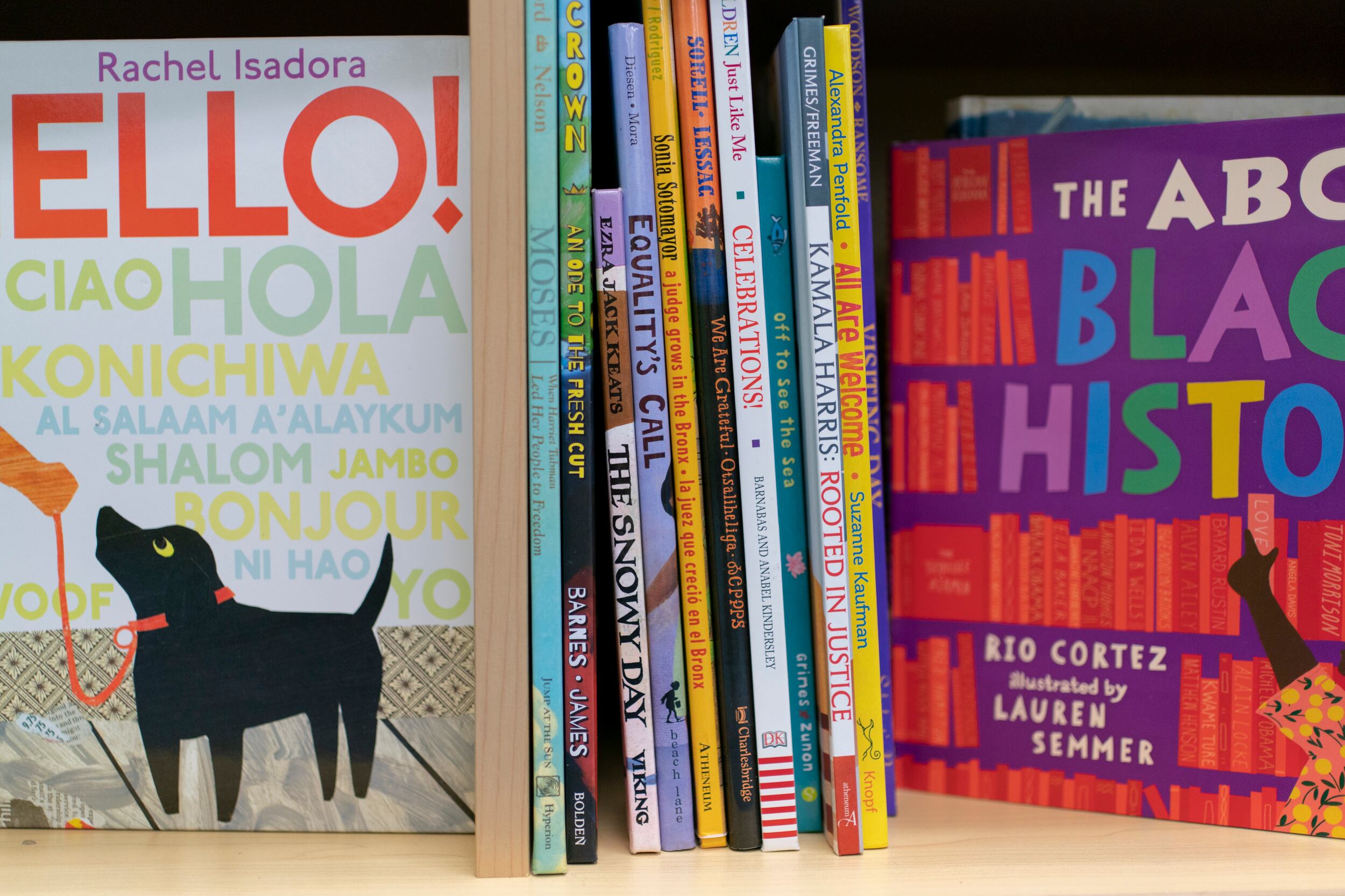About a quarter of elementary and K-8 schools in the Jeffco school district have switched to a state-approved reading curriculum this year, a step toward complying with a 2019 state law requiring reading programs backed by science in kindergarten through third grade.
District leaders originally planned to buy new reading programs for many more schools, but the school board approved a scaled-down version of the plan in May after Jeffco’s new superintendent, Tracy Dorland, worried large-scale changes were being rushed.
The adoption of the new reading curriculum at 22 Jeffco schools as a pilot program this year — with additional schools slated to switch to state-approved programs in the 2022-23 school year — is part of a broader plan to improve early reading instruction in Colorado’s second-largest school district, where reading achievement has been mostly flat for years.
The move also reflects a shift that many districts, from suburban Cherry Creek to rural Summit County, are making or considering this year as state officials prepare to exercise new oversight of schools’ reading curriculum choices.
As is true in many Colorado districts that emphasize school autonomy, Jeffco schools have historically used a wide variety of materials to teach young students how to read. That means some schools use discredited programs not aligned with the science of reading and that students who move schools within the district may encounter inconsistent lessons. The science of reading refers to the large body of research on how children learn to read.
A Chalkbeat investigation last year found that one-third of Jeffco schools used a state-rejected reading curriculum, Units of Study for Teaching Reading, or more commonly “Lucy Calkins.” Literacy experts have criticized the program, in part because it encourages children to guess at words based on pictures or other clues, instead of sounding them out.
Another 20% of Jeffco schools relied on a set of district-created materials that some educators said was hard to navigate and full of holes. The remaining district schools used various other programs or combinations of programs, some state-approved and some not.
This year, Jeffco’s 22 pilot schools are using the Into Reading curriculum, and in some cases, the Spanish version, ¡Arriba la Lectura! (Two additional Jeffco schools began using Into Reading in the last couple of years.) The program is among a dozen core reading programs approved by the state for use in kindergarten through third grade.
In addition to the $1.2 million rollout of Into Reading at some schools, Jeffco officials will pay $93,000 to Johns Hopkins University this fall to determine whether the curriculum matches state standards and meets teacher and parent expectations. The university will also review other state-approved reading programs used at some Jeffco schools, including Core Knowledge Language Arts, EL Education, Wonders, and Wit and Wisdom.
Jeffco’s Chief Academic Officer Matt Flores said once the evaluation is done, he expects the district to approve a smaller menu of reading programs than has been used in the past but didn’t predict an exact number. He said the evaluation should be complete this winter, and the district will make further decisions about purchasing new curriculums for additional schools in the spring.
That means some Jeffco schools will continue to use the “Lucy Calkins” curriculum this year. Jennifer Steele, who oversees literacy and social studies in the district, said Jeffco won’t continue using that curriculum long-term but didn’t want “to pull the rug out from under teachers” this year before the district’s curriculum menu was finalized.
Until recently, Colorado’s education department didn’t track what programs schools use to teach elementary reading or weigh in on the quality of those programs. That changed with a 2019 revision of the state’s 2012 reading law, the READ Act. That law required schools to use evidence- or science-based reading programs, and the state education department released a list of K-3 curriculums that met that bar in 2020. Colorado schools don’t technically have to choose a curriculum off the list, but doing so guarantees it has the state’s blessing. Programs the state has reviewed and rejected, such as “Lucy Calkins,” are considered unacceptable.
State education officials are still finalizing the master list of K-3 reading curriculum used in Colorado schools but indicated at a State Board of Education meeting Friday that many schools are out of compliance.
“We’re starting to see that many of them are using programs that really don’t have the evidence base that they need,” said Melissa Colsman, associate commissioner of student learning at the Colorado Department of Education. “We’re also seeing that some districts may or may not be able to … [distinguish] between an intervention program and a core instructional program.”
A core program is a comprehensive curriculum meant for all students in a classroom. An intervention program is for struggling readers who need specialized help.
Previously, state officials have said school districts that don’t make a good faith effort to replace state-rejected reading programs could face sanctions but haven’t specified a timeline for such decisions.
Along with new oversight of reading curriculums, the 2019 READ Act revision mandated teacher training on reading instruction for all K-3 teachers — about 23,000 educators statewide. The intent of that 45-hour training is to increase teacher knowledge of the science underpinning reading development and instruction, a piece of the reading puzzle that experts say is even more critical than a high-quality curriculum.
The deadline to complete the training is not until next summer, but many districts, including Jeffco, have gotten a jump start. Flores said a large majority of K-3 teachers have completed the training and that elementary principals and instructional coaches have also participated in the training.
“I’m proud to say that we have a districtwide emphasis on elementary literacy,” he said.






